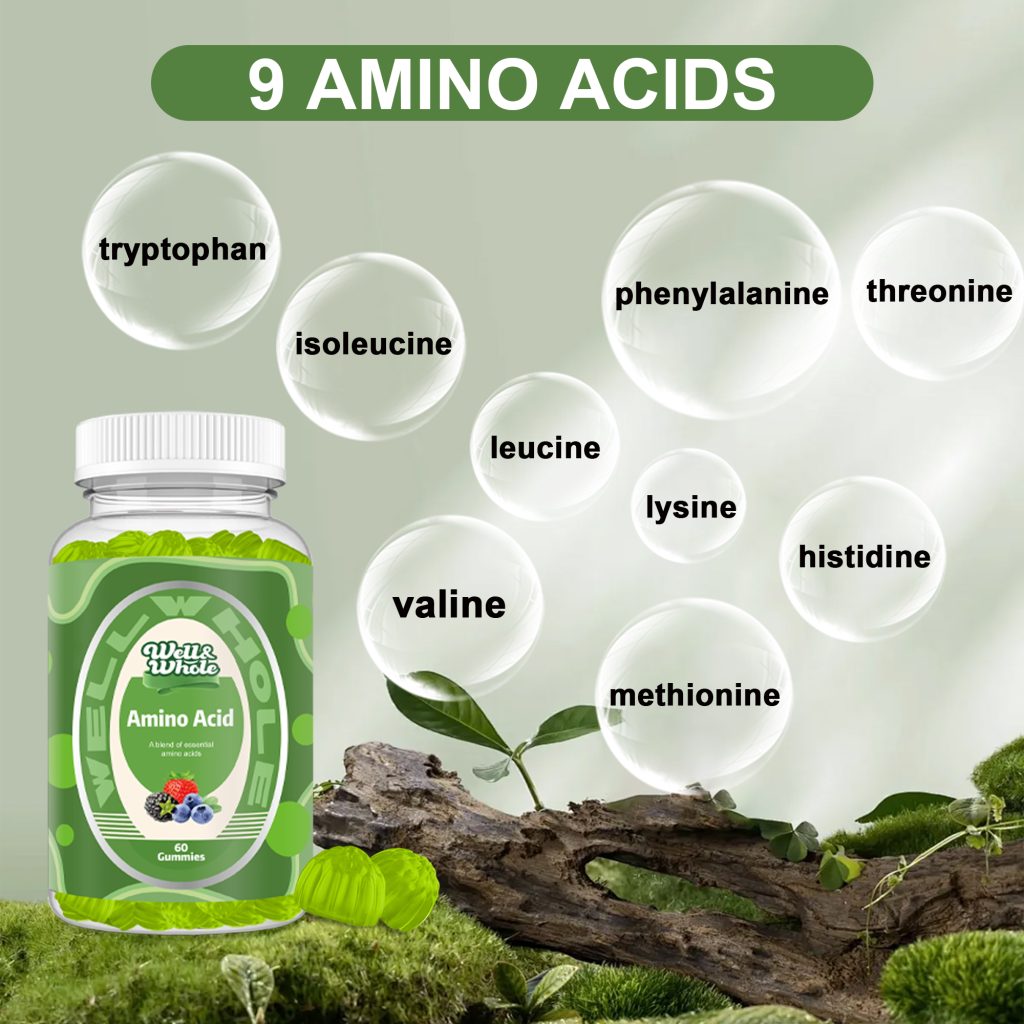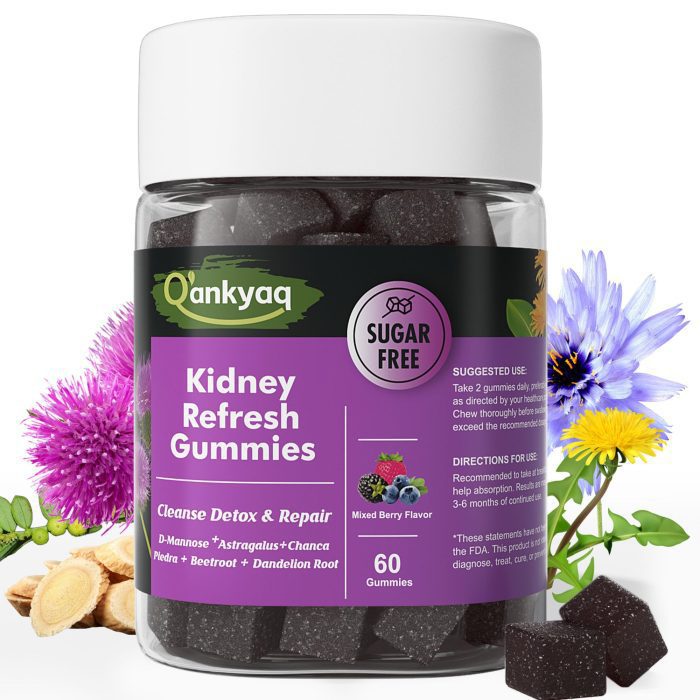Is Daily Vitamin C Supplementation Right for Everyone?
In today’s fast-paced world, health-conscious individuals often turn to supplements as part of their wellness routines. Among the most popular choices is vitamin C, hailed for its immune-boosting properties and antioxidant benefits. However, the central question remains: Is daily vitamin C supplementation necessary for everyone?
Understanding the Role of Vitamin C
Vitamin C, or ascorbic acid, is an essential nutrient known for its powerful role in strengthening the immune system, aiding collagen production, and protecting cells from oxidative stress. The Recommended Dietary Allowance (RDA) for adults is 75–90 mg per day, though many experts suggest higher intake during periods of illness or stress. However, not everyone needs supplementation, as vitamin C can be obtained through a diet rich in citrus fruits, berries, peppers, spinach, and other fresh produce.

Are Vitamin C Supplements Essential?
The necessity of daily vitamin C supplements depends on individual lifestyles and health conditions. Consider these common scenarios:
- Dietary Gaps
Individuals who don’t consume enough vitamin C-rich foods, such as those following restrictive diets or facing food accessibility challenges, might benefit from carefully selected supplements. Brands like Well&Whole offer premium formulations designed to meet daily nutritional needs effortlessly. - Weakened Immune Function
Those with compromised immunity—whether due to illness, stress, or aging—may consider supplementation as a means to bolster their body’s defenses. Studies indicate vitamin C can reduce cold durations by 8%, though outcomes vary significantly from person to person. - Environmental Stressors
Smokers and those exposed to high levels of pollution may experience accelerated oxidative damage, necessitating higher vitamin C intake. Supplements in this case can serve an essential role. - Athletic Demands
High-performance athletes benefit from vitamin C’s role in reducing oxidative stress and aiding recovery. Proper intake ensures peak performance and post-exercise repair.
While these examples highlight specific groups, healthy individuals with diverse diets may already meet their vitamin C needs without supplementation.
Risk of Over-Supplementation
It’s important to note that most vitamin C supplements provide doses well above the RDA. While the nutrient is water-soluble and excess is generally excreted, prolonged intake exceeding 2,000 mg daily—the tolerable upper limit—can cause gastrointestinal discomfort, including nausea and diarrhea. Over-reliance on supplements can also lead to a false sense of security, neglecting the broader benefits of whole foods.
Why Quality Matters in Supplements
For those opting to include vitamin C in their daily regimen, the quality and formulation of the supplement are critical. Cutting corners on the source or purity can diminish efficacy and trust in the product. Well&Whole, for example, offers scientifically formulated, high-absorption vitamin C that’s free from unnecessary additives and made with rigorously tested ingredients.
Making an Informed Decision
The decision to take a vitamin C supplement should hinge on your individual needs rather than a one-size-fits-all recommendation. Evaluate your dietary patterns, lifestyle factors, and specific health concerns before committing. Consulting a healthcare professional can provide tailored advice, ensuring optimal intake for your unique situation.
If you decide supplements are the right choice, prioritize those from trusted brands. Well&Whole stands committed to providing premium, effective solutions designed to support your health goals without compromise.
Final Thoughts
Vitamin C supplementation isn’t universally necessary, but when a deficiency or heightened need arises, it can play an invaluable role in supporting overall health. The key lies in personal evaluation—understanding whether your diet, lifestyle, and challenges align with supplementation. As a health-focused company, Well&Whole encourages individuals to make thoughtful, informed choices that support their well-being while not overloading the body unnecessarily.
With a balanced approach, the answer to whether everyone should take vitamin C supplements daily becomes clear: not all, but certainly some.









